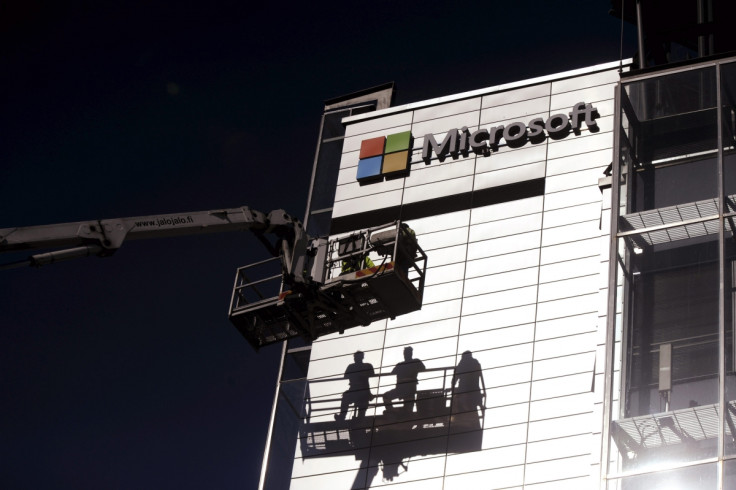Microsoft developing system that learns battery usage to make it last longer

Getting a decent battery life is becoming quite difficult on a heavily-configured computing device. But now, Microsoft has started working on a battery system that is claimed to learn your daily habits to deliver you better battery life. The new system is initially being developed for laptops and tablets.
A team of three Microsoft researchers has been working on the system under a project called Software Defined Batteries. The system uses components across three layers - the batteries and their chemistry, the battery management circuit and the operating system.
Microsoft says that the software-defined system does not work on a particular type of battery, instead combines several different kinds of batteries into the same computer, which are optimised for different tasks. Once the batteries are combined, they start working with the operating system to learn user habits, particularly what apps one is using on the system and then applies the most efficient battery for that task. Moreover, the researchers have used machine learning techniques on the system to enable battery efficiency by learning the daily habits of individuals.
"Rather than waiting for the perfect battery, we're using all the technology available right now," says Ranveer Chandra, a principal researcher at Microsoft Research.
The battery system starts recognising activities from the time when you plug in the device and provides current only from that battery which is the most efficient. This means that all the other batteries will remain idle and their power will be saved for some other tasks.
Using the artificial, machine learning techniques on the software side, the system works in a manner similar to the one that chip maker ARM introduced through its big.LITTLE CPU architecture in the recent past. "We think we can get you the benefits of the different types of batteries that have already been invented, rather than having to keep on waiting for the ultimate battery to be invented," Chandra said.
Microsoft of course, has its native software support to make the battery system quite efficient for computing devices like laptops and tablets. However, the researchers are in plans to expand the system beyond just laptops and tablets and would eventually apply the same to phones, cars and other battery-powered products. The system is already being tested on some prototypes and will be showcased at the ACM Symposium on Operating Systems Principles next week.
© Copyright IBTimes 2025. All rights reserved.





















